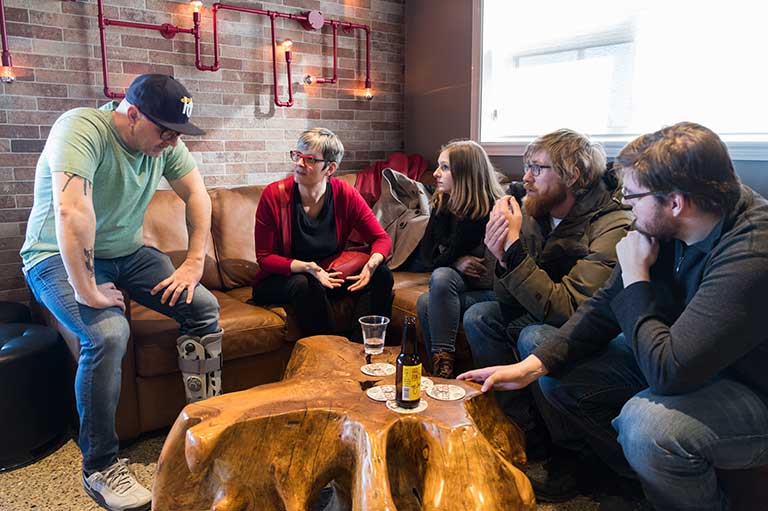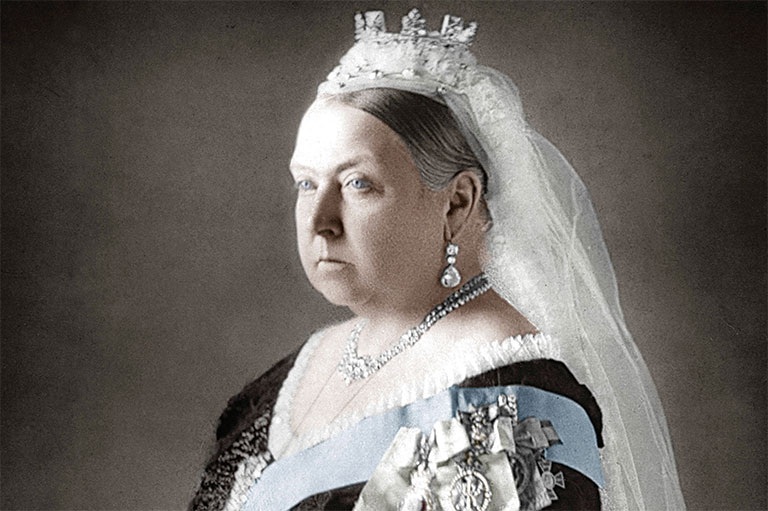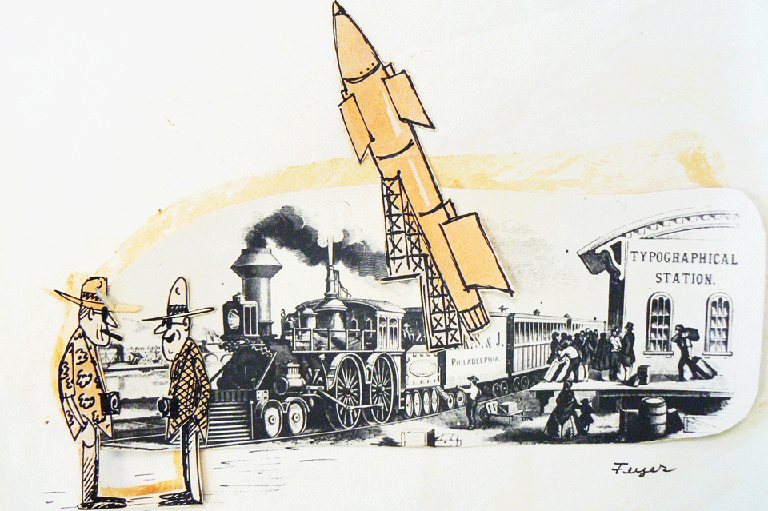Seeing Through the Fog

Rain, drizzle, fog. They envelop and obscure my view of a sprawling field of blueberries atop towering cliffs. I am on Bell Island, nestled in Conception Bay, Newfoundland and Labrador, on the eastern edge of the continent. It’s a place with layers of history that include the Indigenous Beothuk people, fishers, farmers, and countless individuals who found purpose here. The island was once home to the world’s largest submarine iron ore mine, which drew in thousands of people during the Second World War. In 1942, German U-boats torpedoed Bell Island’s Scotia Pier and destroyed vessels laden with iron ore that was designated for steel manufacture — a crucial resource in support of the war effort.
These are facts. But there are many other facts. Which ones do we choose to turn into stories? Do our choices obscure a fuller understanding of the past? I’ve been reading Lewis Raven Wallace’s The View from Somewhere: Undoing the Myth of Journalistic Objectivity, and he points out that the notion of objectivity in journalism is fairly recent, less than a couple of hundred years old. Journalists bring judgment to their work — they select which facts will become a story; they uncover and relay a narrative that makes sense of the barrage of information in the world.
The same is true of history. If objectivity is a myth, where does that leave journalism — and history? Both are at the heart of Canada’s National History Society, where they intertwine within our mission: to inspire all Canadians, through our publishing, education, and recognition programs, to engage with Canada’s history.
Both are also anchored in research: We look to primary sources — artifacts, interviews, letters, court records, photos — to understand, to contextualize, and to make inferences. Journalists do that for the present day, and historians do it for the past.
We practise both disciplines at Canada’s National History Society, and we recognize that sources are necessarily incomplete and can be contradictory. Sources contain their own subjective interpretations of events, and we work to be aware of our own biases that can obscure our understanding of the past and the present.
At our office in Winnipeg, there is an explainer about the “historical thinking concepts” tacked up in the kitchen. We think about these six concepts when we write or record stories, assign illustrators or program speakers, prepare education resources, and adjudicate the Governor General’s History Awards. They direct us to be aware of our biases and transparent to our audiences. They are part of how we address fundamental questions related to history.
Even though my view of the fields of Bell Island is obscured by fog, I know from walking there that they contain blueberries and wild roses. My experience supplements the evidence gathered by my eyes. Like the fog, our own subjective views shape our understandings of history. That shouldn’t stop us from trying to see clearly. Sometimes the fog, like our own contemporary lens, can bring its own beauty, its own meaning. As Governor General Mary Simon recently said, “We are telling a fuller history.” We are learning new facts, looking at facts from diverse perspectives, and shaping new stories.
We hope you’ll help us continue to share fascinating stories about Canada’s past by making a donation to Canada’s History Society today.
We highlight our nation’s diverse past by telling stories that illuminate the people, places, and events that unite us as Canadians, and by making those stories accessible to everyone through our free online content.
We are a registered charity that depends on contributions from readers like you to share inspiring and informative stories with students and citizens of all ages — award-winning stories written by Canada’s top historians, authors, journalists, and history enthusiasts.
Any amount helps, or better yet, start a monthly donation today. Your support makes all the difference. Thank you!
Themes associated with this article
Advertisement
With 7 uniquely curated newsletters to choose from, we have something for everyone.




